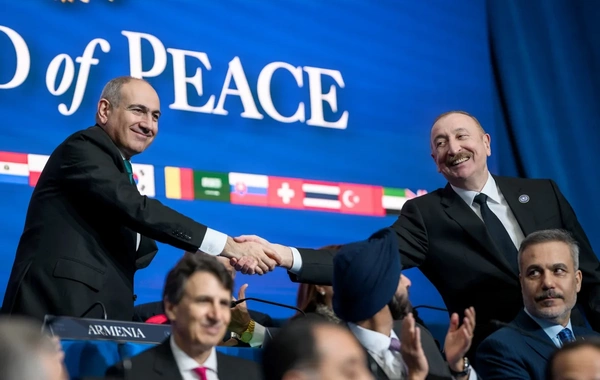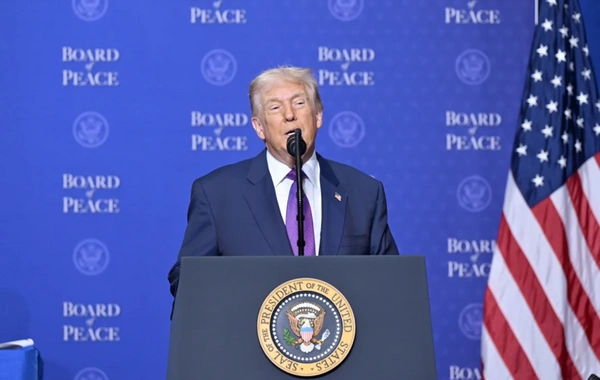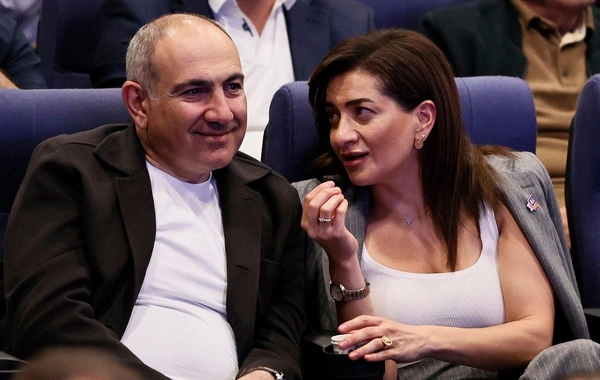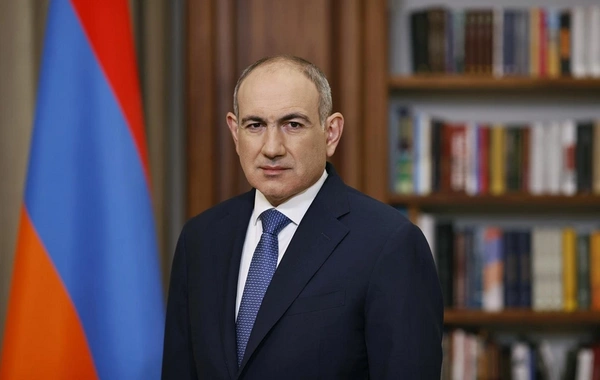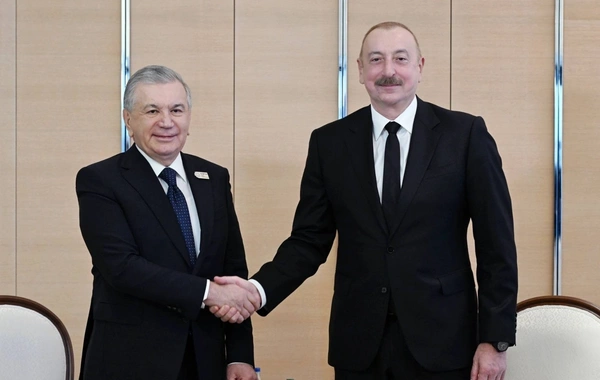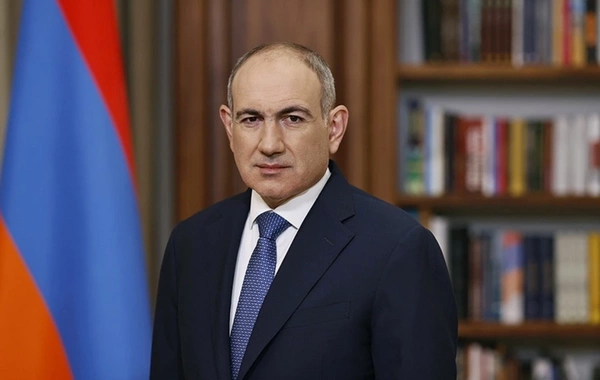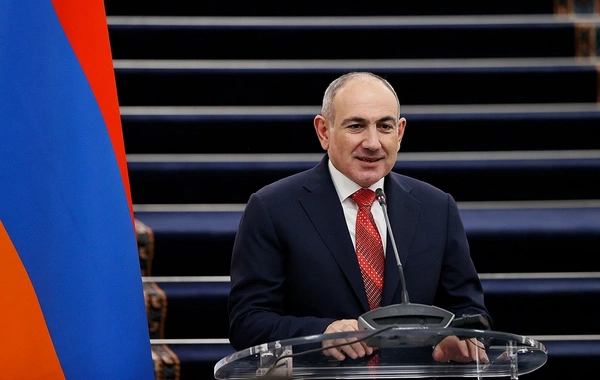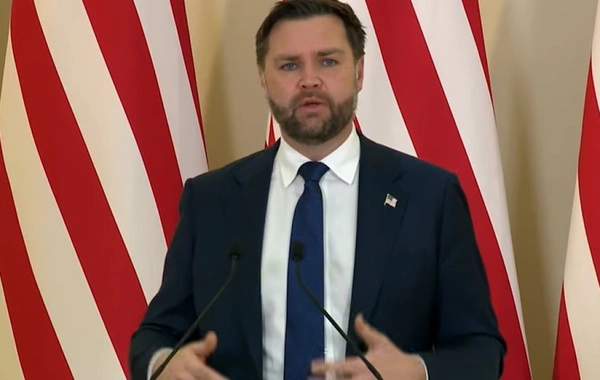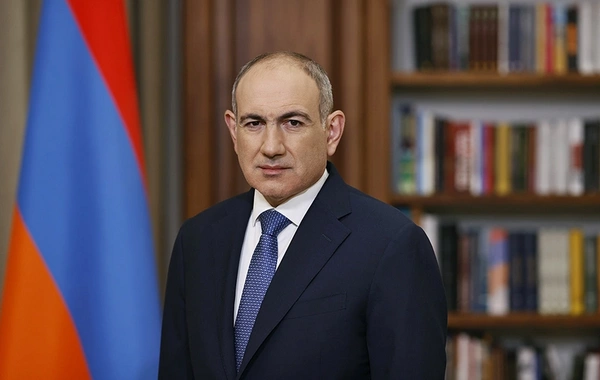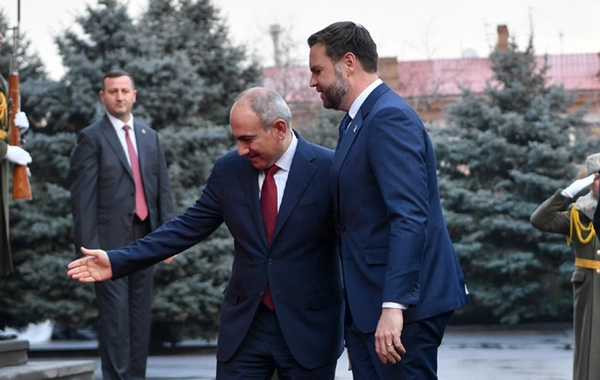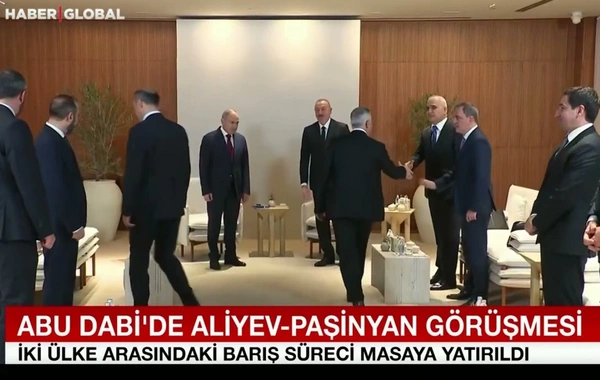Nikol Pashinyan
Nikol Pashinyan
Nikol Pashinyan is the Prime Minister of Armenia, whose political career and leadership in the 2018 Velvet Revolution have made him a pivotal figure in modern Armenian politics. His journey from a journalist to the head of state has garnered significant attention, and his decisions as prime minister are widely discussed both in Armenia and internationally. This article explores Nikol Pashinyan’s biography, political activities, and contributions to the country’s development.
Early Years and Journalism Career
Nikol Pashinyan was born on June 1, 1975, in the city of Ijevan, Armenian SSR. From a young age, he showed an interest in public activism and journalism. After graduating from high school, he enrolled in the journalism department at Yerevan State University but did not complete his studies due to his active public stance. In 1998, Pashinyan founded his own newspaper, which was soon shut down due to accusations of libel. Later, he became the editor-in-chief of the publication Armenian Time, where he published critical articles about the country’s political elite, including the second president, Robert Kocharyan, and Defense Minister Serzh Sargsyan. His sharp critiques made him a prominent figure in opposition circles but also led to legal challenges.
Political Career and the Velvet Revolution
Pashinyan’s political career began in 2007 when he led an opposition party participating in parliamentary elections. However, the turning point came in 2018 when he spearheaded the Velvet Revolution. Mass protests against the appointment of Serzh Sargsyan as prime minister led to Sargsyan’s resignation, and Pashinyan was elected prime minister on May 8, 2018. His slogans advocating for anti-corruption measures and democratization resonated widely with the public.
As prime minister, Pashinyan initiated reforms in the judicial system, economy, and anti-corruption efforts. However, his tenure faced challenges, including the 2020 Nagorno-Karabakh conflict, which drew criticism. Despite this, Pashinyan retained public support in the 2021 elections, strengthening his party, Civil Contract.
Foreign Policy and Challenges
Pashinyan’s foreign policy is characterized by an attempt to balance relations with Armenia’s traditional ally, Russia, while fostering closer ties with the West. He has advocated for stronger relations with the European Union and the United States, which has sparked mixed reactions domestically. Additionally, his statements on the need to reassess historical approaches to the Nagorno-Karabakh issue have fueled debates. Pashinyan continues to work on the peace process with Azerbaijan, which remains one of the most complex tasks of his administration.
Personal Life and Public Image
Nikol Pashinyan is married to Anna Hakobyan, a journalist and public figure. The couple has four children. Pashinyan is known for his informal communication style, which sets him apart from traditional politicians. His decision to shave his beard in 2024 became a topic of media discussion, reflecting his intent to refresh his public image.
Conclusion
Nikol Pashinyan remains a transformative figure in Armenia’s political landscape. His journey from a journalist to the nation’s leader showcases his determination and commitment to change. Despite challenges, his leadership continues to shape Armenia’s modern history. The future will determine how his reforms and foreign policy decisions impact the country’s development.





